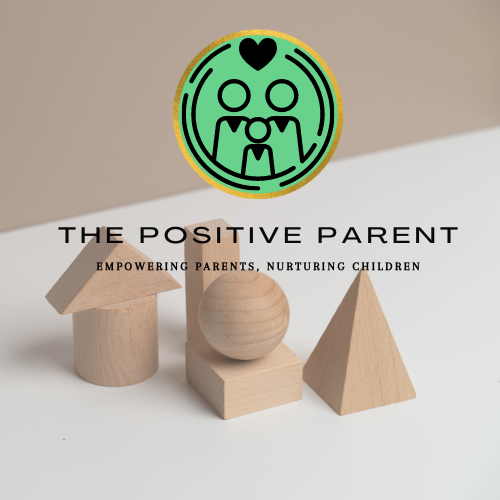Parenting styles and Attachment theory
The various methods by which parents connect with their children are referred to as parenting styles. These personality types can have a big impact on a child's emotional and social development. Attachment theory is a psychological concept that emphasizes the value of a child's emotional attachment to his or her primary carers. This blog article will look at various parenting styles and how they connect to attachment theory.
Theory of Attachment
Attachment theory was developed in the 1950s by British psychologist John Bowlby. Bowlby believed that an emotional tie between a child and their primary carer was crucial to their emotional and social development. Attachment theory states that children with a stable attachment type are more likely to form good relationships later in life. Children with an insecure attachment style, on the other hand, may struggle with relationships and have problems managing their emotions.
Parenting Methods
Parenting styles are classified into four types: authoritative, authoritarian, permissive, and uninvolved. Each type has its own distinct qualities and can influence a child's attachment style in different ways.
Parenting with Authority
Warmth, responsiveness, and clear boundaries are characteristics of authoritative parenting. This parenting style is loving and nurturing, while also establishing firm expectations for their children. Children whose parents are authoritative are more likely to have a secure attachment type. They are self-assured, self-sufficient, and socially adept.
Authoritarian
Authoritarian parenting is distinguished by rigid regulations, harsh discipline, and a lack of love or nurturing. This parenting style is frequently tough and domineering. Authoritarian parents' children are more prone to develop an insecure attachment type. They may have low self-esteem, difficulties controlling their emotions, and problems creating good relationships.
Permissive
Warmth and nurturing are characteristics of permissive parenting, but there are few limits or boundaries. This parenting style is frequently generous and tolerant. Permissive parents' children are more prone to develop an insecure attachment type. They may struggle with self-discipline, emotional regulation, and the formation of healthy relationships.
Uninvolved
A lack of warmth, attentiveness, and limits characterizes uninvolved parenting. Parents who use this technique are frequently inattentive and disinterested with their children. Children whose parents are uninvolved are more prone to have an insecure attachment style. They may have low self-esteem, difficulties controlling their emotions, and problems creating good relationships.
Finally, parenting methods can have a big impact on a child's attachment type. Secure attachment children are more likely to form good relationships later in life. Warmth, responsiveness, and clear boundaries in authoritative parenting have been associated with safe attachment in children. Authoritarian, permissive, and uninvolved parenting styles, on the other hand, have been associated with unstable attachment in children. As a parenting coach, you must grasp the various parenting styles and how they affect a child's attachment type. This allows you to provide appropriate support to parents and carers while also assisting youngsters in developing healthy connections.
Let me know if you agree with these styles and which one you are. You can contact me via the form in the sidebar, comment, or reach me at The Positive Parent for more parenting guidance.




Comments
Post a Comment